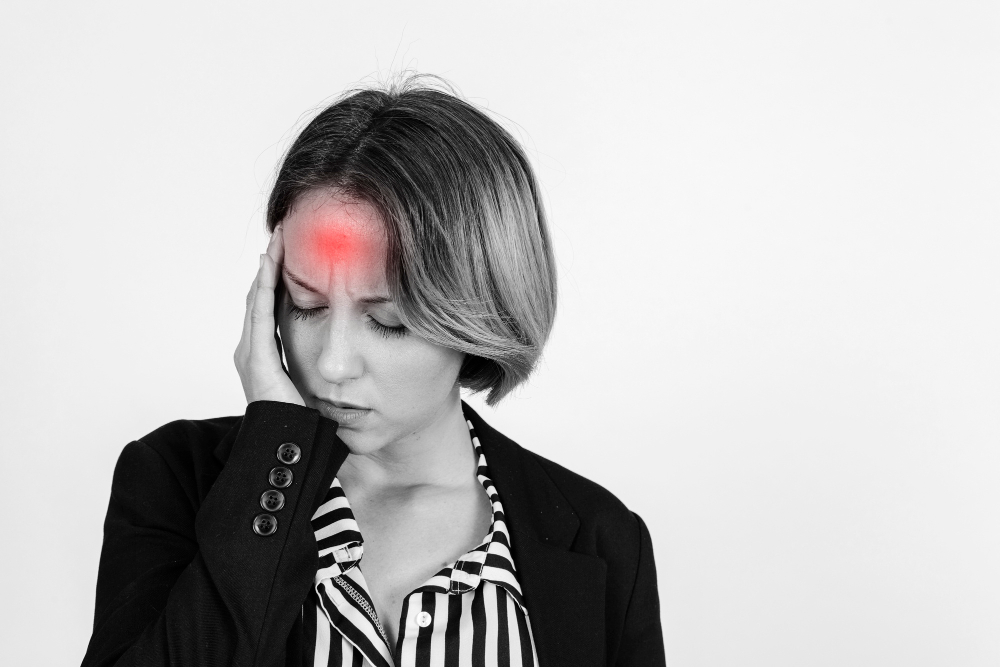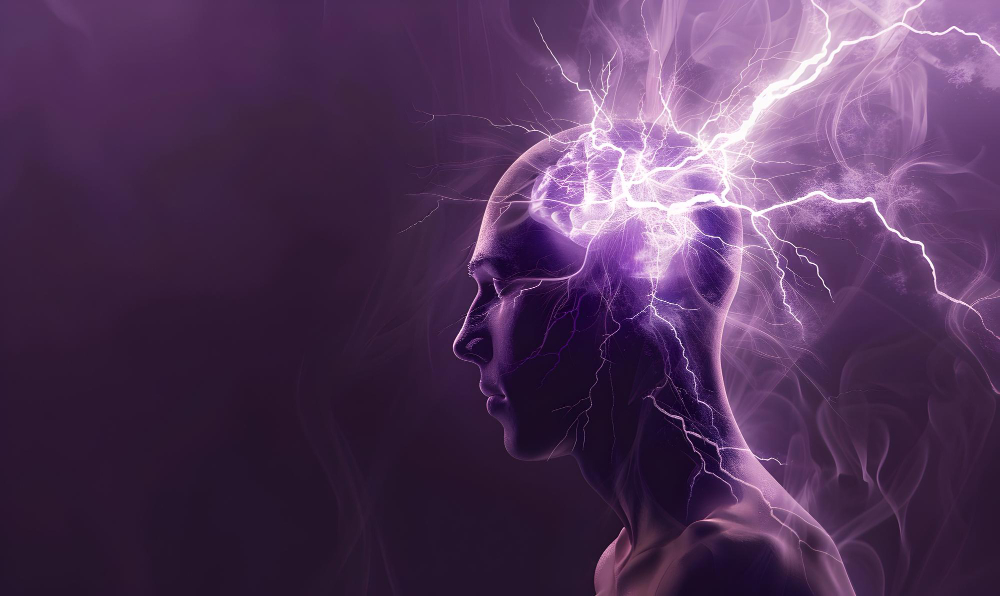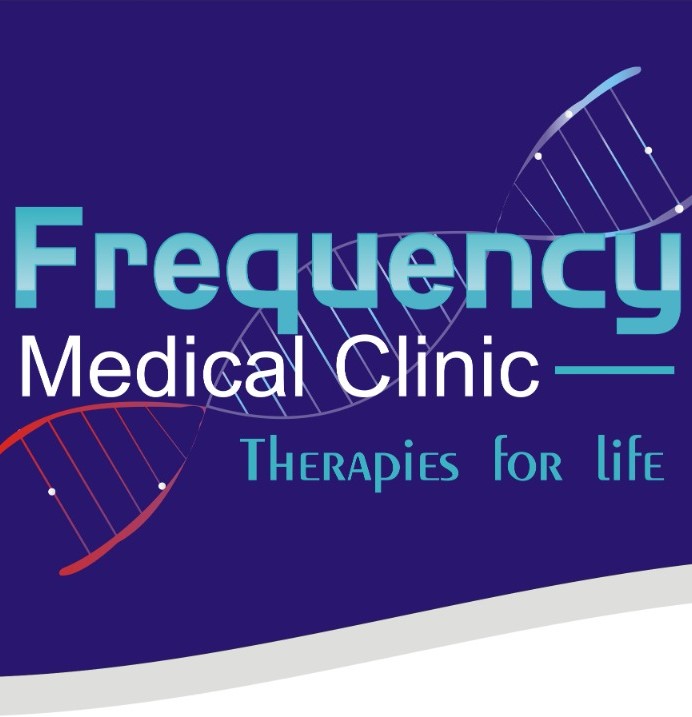Mental Health Care

Depression
Depression is a common mental health disorder characterized by persistent feelings of sadness, hopelessness, and loss of interest in activities. It can impact daily functioning, leading to changes in appetite, sleep patterns, and energy levels. Effective treatment often includes therapy, medication, and lifestyle adjustments to improve mood and overall well-being significantly.

Anxiety
Anxiety is a mental health condition marked by excessive worry, fear, or apprehension that can interfere with daily life. Symptoms may include restlessness, rapid heartbeat, sweating, and difficulty concentrating. Treatment often involves therapy, medication, and stress management techniques to help individuals manage and reduce their anxiety levels.

Insomnia
Insomnia is a sleep disorder characterized by difficulty falling asleep, staying asleep, or waking up too early without being able to return to sleep. It can lead to daytime fatigue, irritability, and impaired concentration. Effective management includes lifestyle changes, sleep hygiene practices, and, if necessary, medical interventions.

Migraine
Migraine is a neurological condition marked by intense, throbbing headaches often accompanied by nausea, vomiting, and sensitivity to light or sound. Migraines can be triggered by various factors, including stress, certain foods, or hormonal changes. Treatment may involve medication, lifestyle adjustments, and identifying and avoiding triggers.

Acute Spinal Cord Injury
Acute spinal cord injury results from sudden trauma to the spine, leading to a loss of function below the injury site. Symptoms can include paralysis, loss of sensation, and impaired bodily functions. Immediate medical intervention is crucial to stabilize the injury, manage symptoms, and initiate rehabilitation for recovery.

Alzheimer’s Disease
Alzheimer’s disease is a progressive neurological disorder that causes memory loss, confusion, and cognitive decline. It affects daily functioning and leads to difficulties in thinking, reasoning, and communication. There is no cure, but treatments can help manage symptoms and improve quality of life through medication and supportive care.

Amyotrophic Lateral Sclerosis
ALS is a progressive neurodegenerative disease that affects motor neurons, leading to muscle weakness, paralysis, and eventual loss of voluntary movement. Symptoms typically include difficulty speaking, swallowing, and breathing. While there is no cure, treatments focus on managing symptoms and improving quality of life.

Bell's Palsy
Bell’s Palsy is a sudden, unilateral facial paralysis or weakness caused by inflammation of the facial nerve. Symptoms include drooping of one side of the face, difficulty closing the eye, and altered facial expressions. The condition is often temporary, with most individuals recovering fully within a few months.

Epilepsy and Seizures
Epilepsy is a neurological disorder characterized by recurrent, unprovoked seizures caused by abnormal electrical activity in the brain. Seizures vary in type and severity, ranging from brief lapses of consciousness to intense convulsions. Treatment typically involves antiepileptic medications and lifestyle adjustments to manage and reduce seizure frequency.

